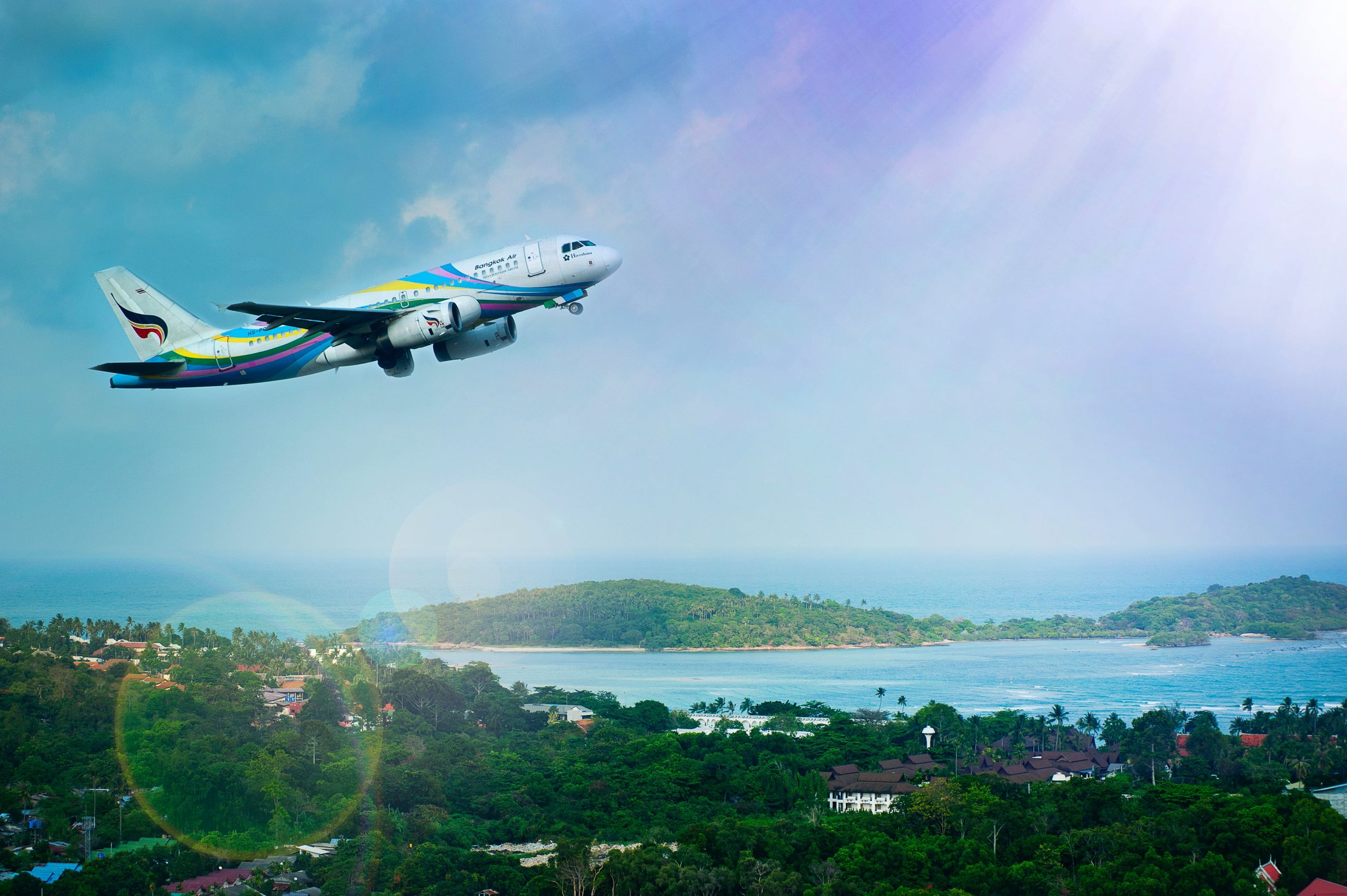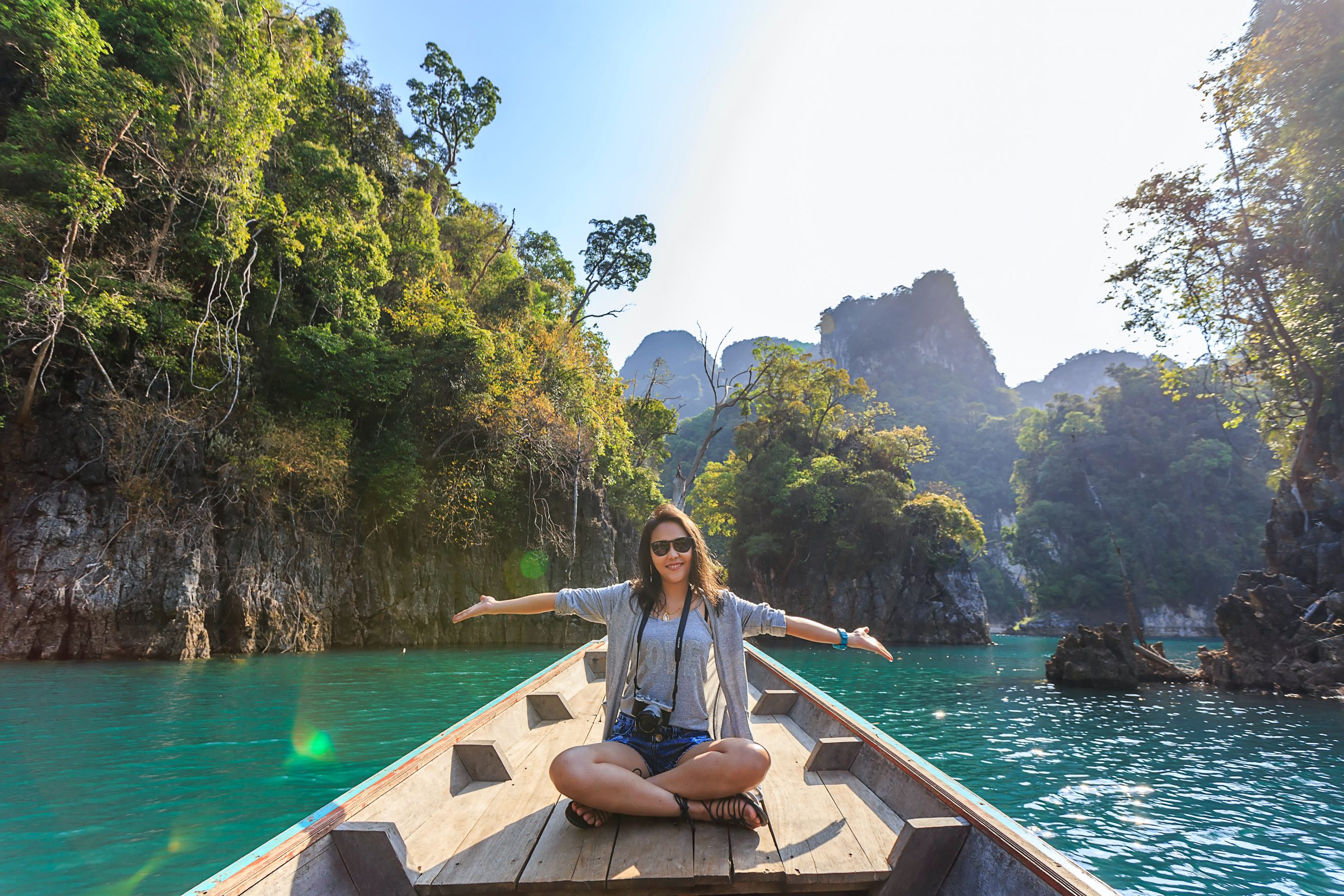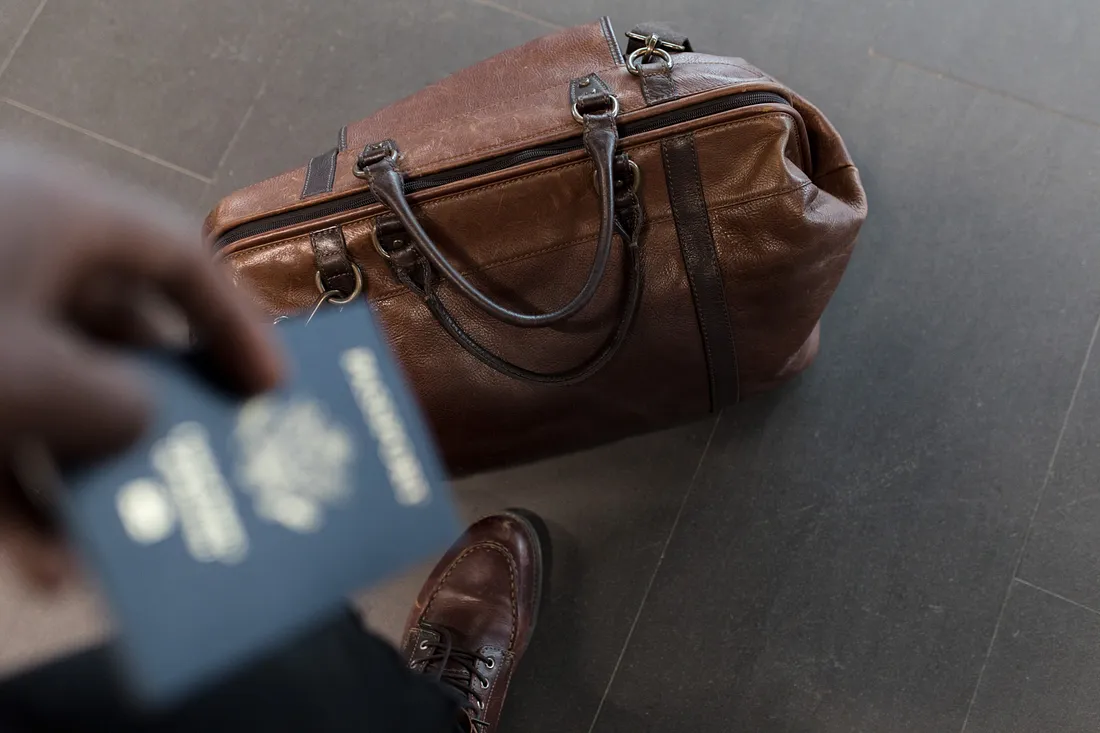Tourism 2024: navigating between challenges and opportunities
On the horizon of tourism for 2024, perspectives emerge as promising as they are challenging. The demand for sustainable tourism, with a focus on conserving natural environments and local culture, is expected to continue its ascent. Digitalization and the implementation of technologies such as artificial intelligence (AI) are transforming the visitor experience. However, this scenario also poses a crossroads for the sector: balancing the surge in demand with the urgent need to preserve the environment and, crucially, adapt to geopolitical tensions. Surge in demand and environmental sustainability According to the second World Tourism Barometer by the World Tourism Organization (UNWTO), international arrivals reached 80% of pre-pandemic levels in the first quarter of 2023. With 235 million tourists undertaking international trips during this period—more than double that of 2022—these figures reveal that, despite past challenges, tourism is regaining its vitality. However, this increased demand also underscores the urgent need to address environmental sustainability. In this context, a crucial question arises: How can the tourism industry meet growing demand without compromising natural resources and the cultural integrity of destinations? Digitalization, AI, and enhancement of visitor experience Simultaneously, digitalization and artificial intelligence have become key elements in the evolution of tourism. According to experts in an article
The influence of social media on the choice of tourist destinations
Recognizing the undeniable role of social media in shaping our travel plans is as evident as acknowledging that the sun is always shining. In the interconnected world we live in, it has become natural to turn to these digital platforms in search of inspiration, recommendations, and a glimpse into the experiences of other travelers. However, the real extent of social media's impact on our travel decisions remains a fascinating and enigmatic topic. While it's no secret that social media plays a significant role in vacation itinerary planning, the true magnitude of its influence remains a captivating mystery waiting to be unraveled. According to a Morning Consult report, 92% of Generation Z users in the United States use social media, with 54% of them spending at least four hours a day on these platforms. Furthermore, Gen Zers stated that they spend more time interacting with their peers per week, on average, through video games (65%) than in school (64%) or at work (51%). These numbers highlight the omnipresence of social media in the daily lives of young people, and this reality directly impacts their travel decisions. A fascinating example of social media's influence on the choice of tourist destinations can be observed in the
How younger generations are reshaping luxury travel
As I recently shared, luxury travel is back in a big way. And while there are a number of factors for this boom, I want to focus on one that may surprise you: the influence of millennials and Gen-Z. As consumers, these generations are often seen as more conscious and informed than those that came before them, making it difficult to predict how they would wield their eventual buying power. But they are now making themselves abundantly clear: 79 percent agree that travel is an important budget priority. Let’s dig into why. Cash flow. During the pandemic, many young people took the opportunity to pay down debts and save on rent by living with family members. At the same time, while previous generations were more likely to become homeowners in their 20s and 30s, a number of economic factors are keeping many millennials and Gen-Zers out of the housing market. This group is also marrying and having children later, if at all. In short: they have money to burn and less financial responsibilities to hold them back. And, after years of staying close to home, they are looking to use their financial freedom to make up for lost time–whether it be paying for travel upgrades, choosing hotels with higher-end amenities, or crossing dream
Round trip: Is business travel back?
Last year, I wrote about the airline industry revamping the business class experience. From new seating to destination-inspired menus, all signs pointed to the sector betting on work travel for its COVID-19 pandemic recovery. While it looks like their bet has paid off, travel and hospitality insiders should keep an eye on possible turbulence ahead. Business travel rebounds When travel restrictions and remote work grounded business travel, many wondered if it would ever return to previous levels. Last year, business travel was almost two-thirds of where it was before the pandemic. This year, 32 percent of people plan to travel for work, compared to the 16 percent who planned to travel last year. Even the majority of remote workers plan on traveling for their jobs this year. So, what’s driving the business travel revival? Surprisingly, smaller businesses reported more travel plans this year than larger companies. In a Morgan Stanley survey, two-thirds of companies with less than $1 billion in annual revenue expected to increase their travel budget this year. On the other hand, less than half of billion-dollar-plus businesses are expected to. Younger workers are also fueling business travel growth, as millennial and Gen Z employees are more likely to travel for work within the year. A murky forecast While business travel is
Luxe Influx: The high-end travel resurgence
Travel is back despite years of pandemic-related hardships, and neither inflation nor still-recovering economies seem to be slowing it down. Just last year, air travel soared to 70 percent of its pre-pandemic levels worldwide. Hospitality was also booming across the globe, as hotel occupancy averaged almost 70 percent last summer–a 5 percent increase from summer 2019. While tourism is booming overall, high-end travel is standing out as the current sector to watch. In 2021, the market was worth $638.2 billion globally. By 2031, it’s projected to hit $1,650.5 billion. This year, luxury travelers are expected to spend 72 percent more on airfare, experiences, and accommodations than they did before the COVID-19 era. Specifically, these travelers plan to spend an average of $5,000 per person on their next luxury vacation. Factors driving luxury travel While the pandemic threw a wrench in the tourism industry, it might ironically be one of the keys to its current resurgence. Many tourists are making up for years of lockdowns, restrictions, and social distancing by booking their dream vacations–and they are willing to shell out big bucks to make that dream come true. In fact, almost half of the participants in a recent survey specifically cited lost time during the pandemic as their reasoning behind plans to spend more





